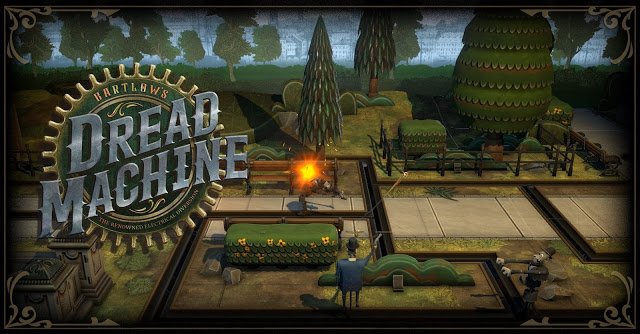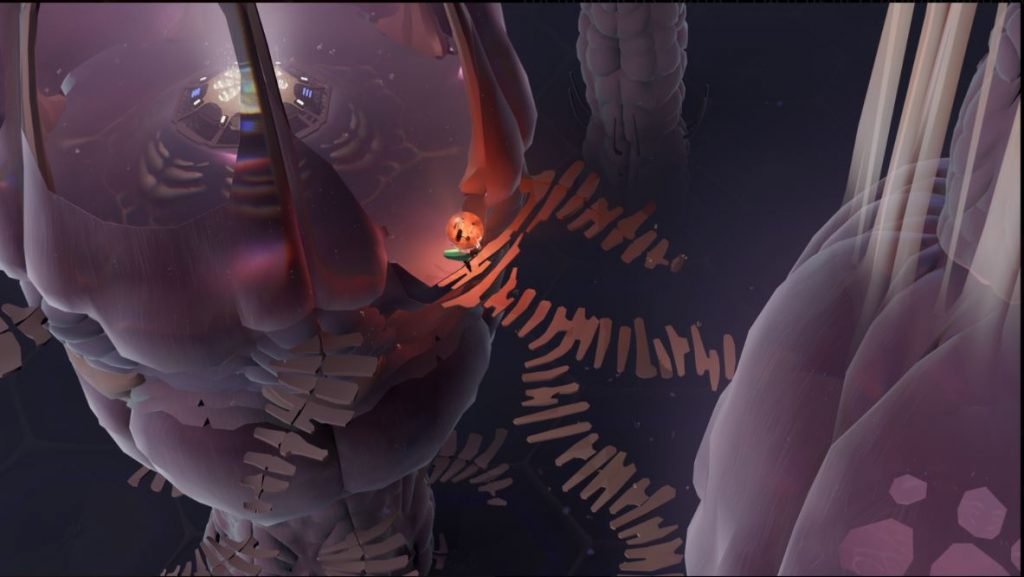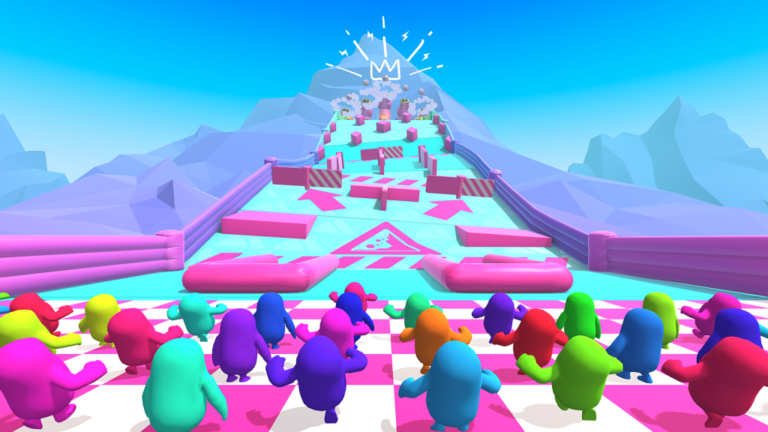[ad_1]
This past weekend at PAX East, we spent over 35 hours with indie developers from all over the world. Each team and each person has their own story when it comes to creating their game. Some development teams are just one person. Other indie development teams are borderline AAA. With that said each team is going to encounter their own stumbling blocks as they take their own approach to game development and publishing.
Indies Skipping Out On Xbox?
Fall Guys came to Xbox consoles two years after its release.
For the most part, many indie developers self port their games across various platforms. This includes things like Steam Deck, macOS, and iOS, not just Nintendo, PlayStation and Xbox. There is time required to port, QA, and certify a game for each release and each piece of hardware. When an indie developer is doing this by themselves, it could take up to a year to get a completed game approved for a collection of platforms and devices. This is in conjunction with completing development. As you could imagine, someone doing this alone would be sitting on a finished game for at least a year, just so they can launch on all platforms.
One thing that stood out to me this year is that Xbox was missing from many of the indie games that I saw. Part of my questioning to the developers is to why a game would come out on one console but not another. Oftentimes we see a performance related barrier with the Switch or another console manufacturer paid for timed exclusivity. What we are seeing this time around is, developers are skipping Xbox at launch just due to time and money.
The Opportunity Cost of Porting to Xbox
Of the three consoles, Xbox has the smallest base of players. With around 35 million active players on Game Pass, Xbox players are mostly playing the games they pay for via subscription. Not to mention to get the console base, you have to factor out Game Pass PC players. Which would make the Xbox console player base somewhere between 19 million and 25 million. A hit game would not net more than 10% of all players so, that could put sales somewhere between two to three million units sold (lifetime).
With hundreds of games releasing every month, a popular indie game would be lucky to get 10%. An incredibly fortunate indie developer, could move 1,000,000 to 500,000 units of their game with Xbox taking a 30% cut. With that, let’s say an indie developer makes $9 for every $15 game they sell. That math adds up to where one of the more popular indie games could make $4.5 million in lifetime sales on Xbox.
Microsoft’s Dread Machine

Image Courtesy of Beep Games In.
While that is a nice idea, that is only the best case scenario for indie developers on Xbox. For a worst-case-scenario take a look at something like Bartlow’s Dread Machine. Bartlow’s Dread Machine is a rare case where Xbox worked as a second party on the game. It is from the original Voodoo Vince creators. It released in 2020 as an Xbox console exclusive in addition to Steam. I am not sure why but, Bartlow’s Dread Machine was never released on Xbox Game Pass.
If you take a look at the SteamDB info on Bartlow’s Dread Machine, it has an estimated 1,200 to 14,000 owners. Let’s take the highest number and assume that is what it sold on Xbox as well (which it did not). 14,000 copies at $9 is $126,000. Consequently, more than it would cost to hire one person to port the game to Xbox. Again, that $126,000 number is a best case scenario based on SteamDB numbers. For all we know the game sold 3,000 to 5,000 copies. At either number, if an indie developer had to port the game to Xbox consoles by themselves, they would be doing so at a loss. Certainly at the very least, taking significant risk.
Should Microsoft Step in and Help?
“So what about game X and Y?” Xbox started the console generation down, and they spent the entire last generation being the odd-console out. Oftentimes and in many cases, when we heard about an ID@Xbox game or an indie game coming to Xbox, they had a publisher willing to take the risk, or they had help from Xbox. If Xbox will help port a game for free or will put up the money to port a game, not only will development time go down, Xbox has relieved that publisher or developer of all risk tied to porting a game to Xbox consoles. Getting a non-exclusive deal with Xbox is a major win-win for the developer or publisher.

Cocoon received help from Xbox as a Game Pass subscription game.
Although what we are seeing now is a decrease in spending on indie games. In addition to a lack of Xbox backed indie games not coming to Game Pass. So not only now does Xbox have to pay a price to get a game in Game Pass, they have to pay a price just to get an indie developer to port their game to Xbox. Never mind exclusivity, which would have to be equal or greater than potential sales on Nintendo and PlayStation. Clearly this is something that Xbox can not offer without taking a loss.
These Are All Games that Could Still Come to Xbox
So when you see an indie game announced but not for Xbox, just remember that it’s not necessarily an exclusivity thing. Yet, this is good news in comparison as that means the game still could come to Xbox after launch. Of the handful of developers we spoke to regarding Xbox, they all mentioned coming to other platforms when it made sense but that they needed to launch the game in order to raise the funds to port to other platforms. This is entirely anecdotal but, it is something to keep an eye on as now even Xbox is putting its own games on other platforms to cover rising costs.
[ad_2]
Source link


